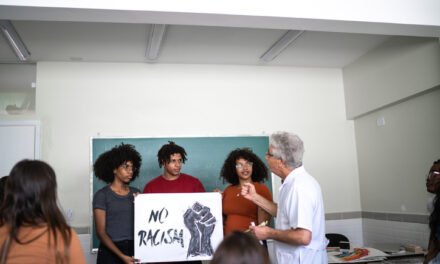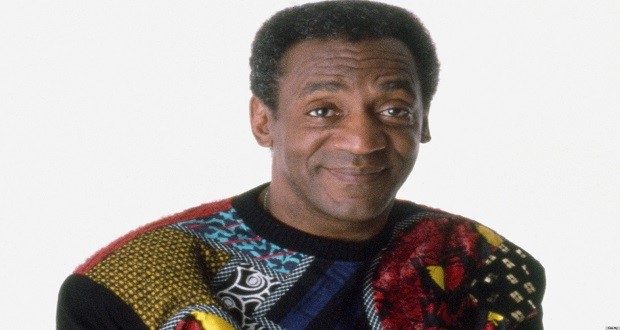
What does it mean to be fragile? As we saw in the first part of this series, it can mean being defensive or even violent when our privilege is challenged. It can mean being unwilling to accept someone for who they are because we are more comfortable with binaries than with their reality. It can mean making assumptions about another’s values because we’re uncomfortable with the change or with behaviors that are different from ours. In all of these instances, fragility has the power to dismiss someone’s truth, disregard their value, and disrupt their ability to be authentic. When fragility shows up, there’s no space for honest, bold conversations, much less justice or equity. When we allow fragility to take over, regardless of our good intentions, fostering trust and inclusion becomes impossible.
When fragility shows up, there’s no space for honest, bold conversations, much less justice or equity. Share on XThat’s why we wanted to kick off the year with this series. Facing fragility is not just about understanding a new concept or adding a new word to your D&I lexicon; it’s about addressing the things that create barriers between even the most well-intentioned people, or the most well-intentioned organizations, and inclusion. The thread woven through each of the points of view represented in this series is a determination to face fears, to face our own defensiveness and ignorance, to face a world that marginalizes, and a to reach a place of freedom.
This is a determination we carry with us in our work at The Winters Group. As we’ve reflected on what it means in our own lives to face ours and others’ fragility, we’ve also reflected on what it means to face fragility in the work that we do. We as practitioners can collude with fragility if we do not push back on it. While we believe deeply in the developmental nature of this work, we’ve begun to think critically about what it means to authentically “meet people where they are” without creating a space where fragility thrives. If we center the “fragile” feelings of defensiveness, confusion, and guilt to “meet people where they are”, we may alienate and perpetuate the marginalization of other folks in the room.
We as practitioners can collude with fragility if we do not push back on it. Share on XSo, we must ask people exhibiting fragility to lean into their discomfort in order to create a space where others, marginalized folks, can be their authentic themselves.
Creating this kind of space, decentering the dominant narrative, is not always or often popular, but it’s the only way to make space for authenticity. Because fragility is not authentic either. When we make space for authenticity, we know we’re on our way to freedom – the freedom to make mistakes, the freedom to forgive, the freedom to be all of ourselves.
When we make space for authenticity, we know we’re on our way to freedom – the freedom to make mistakes, the freedom to forgive, the freedom to be all of ourselves. Share on XAs we continue on our journey to creating space for bold, inclusive conversations®, we hope you join us in following these “best practices” and finding ways to drive out fragility with authenticity.
You are entering a brave zone where we have Bold, Inclusive Conversations®.
In this space, we face our fears and name them.
We choose curiosity over judgment.
We consider the impact, not just the intent, behind our words and actions.
We lean into discomfort, recognizing it as a space of growth.
We admit when we are being fragile.
We welcome others to point out our fragility when needed.
We acknowledge our collective imperfections so that we can make mistakes.
We forgive often.
We call people “in” rather than call people “out”.
We seek authenticity.
We embody our truths.


















